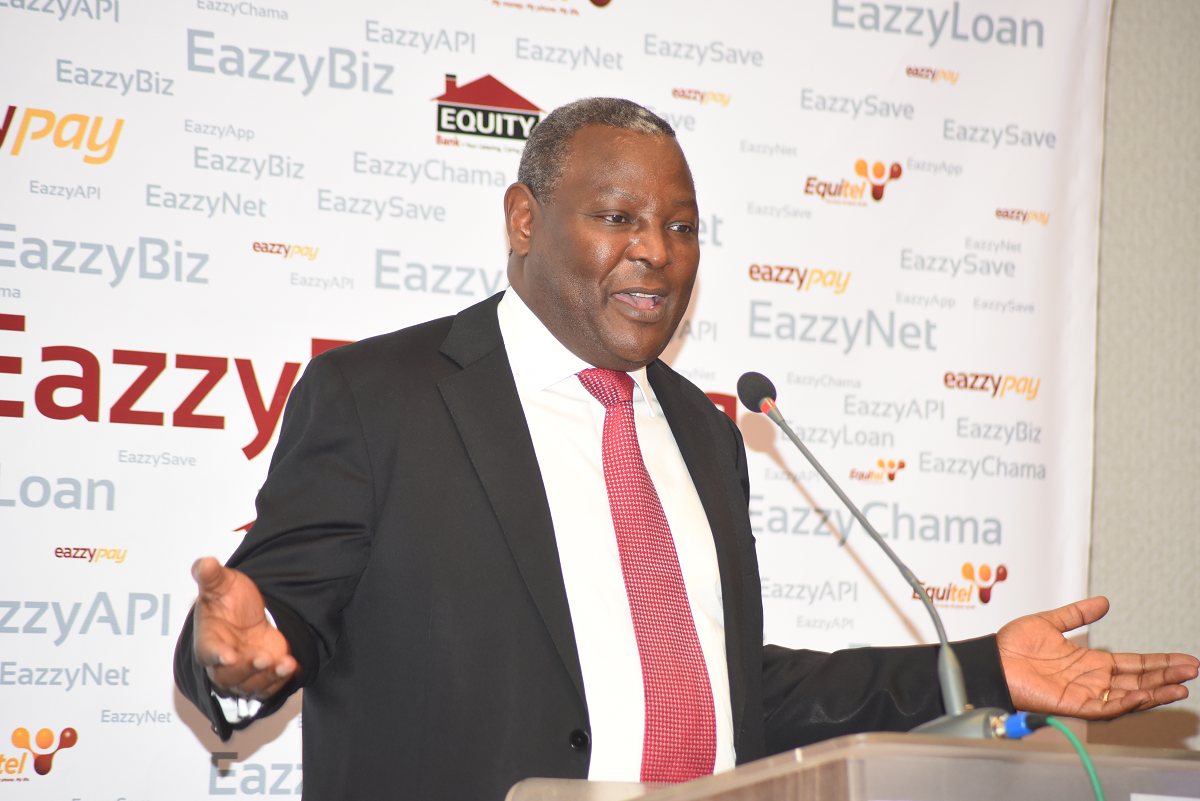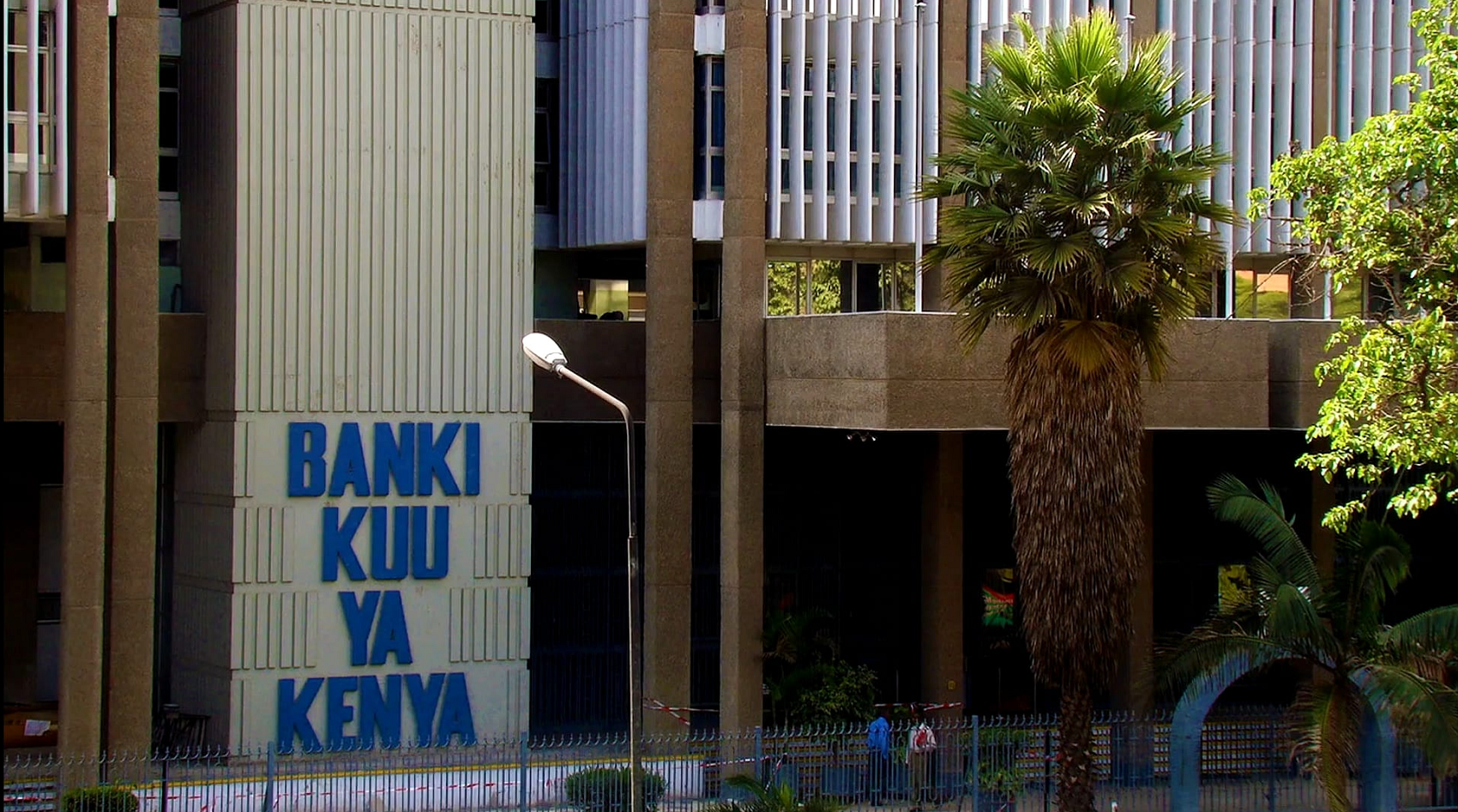Equity Bank has clarified that it will continue issuing salaried loans to its customers, who meet its requirements.
Earlier reports emanating from its first half-year investor briefing indicated that the leading financial institution would not offer unsecured loans to salaried workers and owners of small businesses, in a bid to comply with a new set of global accounting rules on loan loss covers that are set to kick in in January next year.
“We are moving away from unsecured lending. International Financial Reporting Standard (IFRS) 9 requires you to use historical ratio to make provisions at point of booking the loan. This is not sustainable with a margin of seven per cent,” Equity Bank Group CEO Dr James Mwangi was quoted as saying at Tuesday’s briefing.
IFRS 9 is an International Financial Reporting Standard (IFRS) promulgated by the International Accounting Standards Board (IASB). It addresses the accounting for financial instruments.
It contains three main topics: classification and measurement of financial instruments, impairment of financial assets and hedge accounting. It will replace the earlier IFRS for financial instruments, IAS 39, when it becomes effective in 2018. However, early adoption is allowed.
The bank offers loans to salaried workers as long as the applicant meets the loan requirements.
The Bank has since come out to state that the announcement was meant to do away with unsecured loans.
“Salary loans are secured by the salary. The bank offers loans to salaried workers as long as the applicant meets the loan requirements. At the same time, EazzyLoan is obtained through Equitel or Eazzy Banking App and require no securities. The loan limit is determined by a customer’s banking patterns and credit history,” Equity sought to make things clear, through Facebook, following an inquiry from a customer.
In May this year, Central Bank Governor Patrick Njoroge indicated that commercial banks’ lending to micro, small and medium enterprises (MSMEs) fell by an estimated 5.7% between August 2016 and April 2017, a reflection of reducing profitability from unsecured loans which could have prompted Equity to do away with such loans.
SEE ALSO: All eye on ‘Jicho Pevu‘
Equity has traditionally focused on micro-enterprises and low-income earners to grow volumes and overtake giants such as Barclays and StanChart , who previously dominated Kenya’s banking scene.
Mr Mwangi attributed the change in strategy to the 25.6% decrease in the size of Equity’s micro-enterprises loan book to Sh11.6 billion in the half-year period to June 2017 compared to Sh15.6 billion in a similar period last year.
The ratio of toxic loans under the micro-segment remained the highest at 13.2% from 11% in June 2016. “There is a decline in micro loan book. With the loss ratio, it means we are not pricing risk,” Mr Mwangi said.
Equity’s consumer lending loan book contracted 5.34% in the six-month period to Sh56.7 billion. The volume of bad loans in this category jumped to 7% from 5.9% in the period under review.













Leave a comment